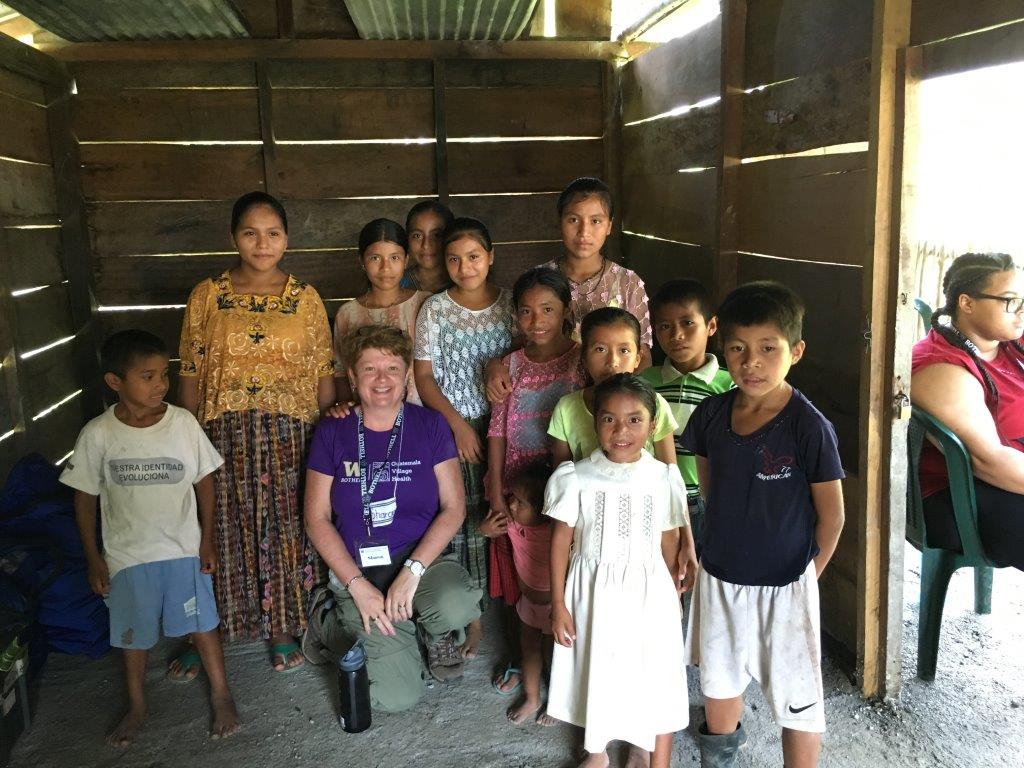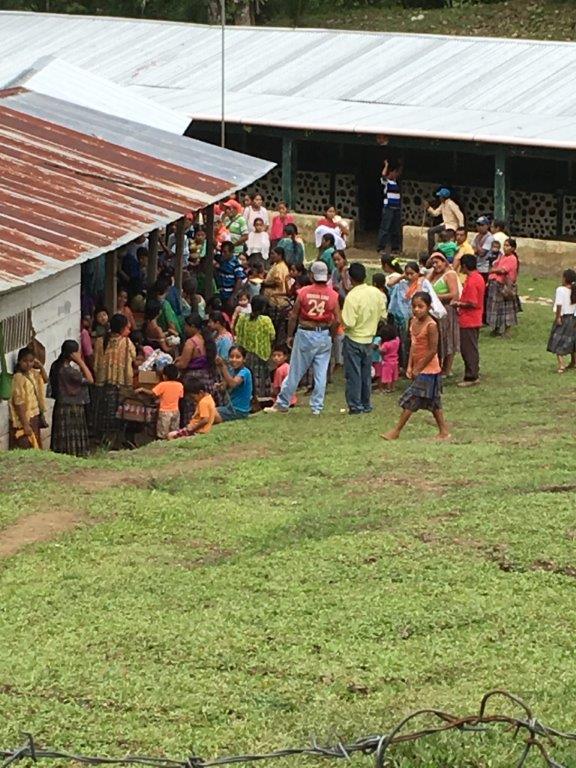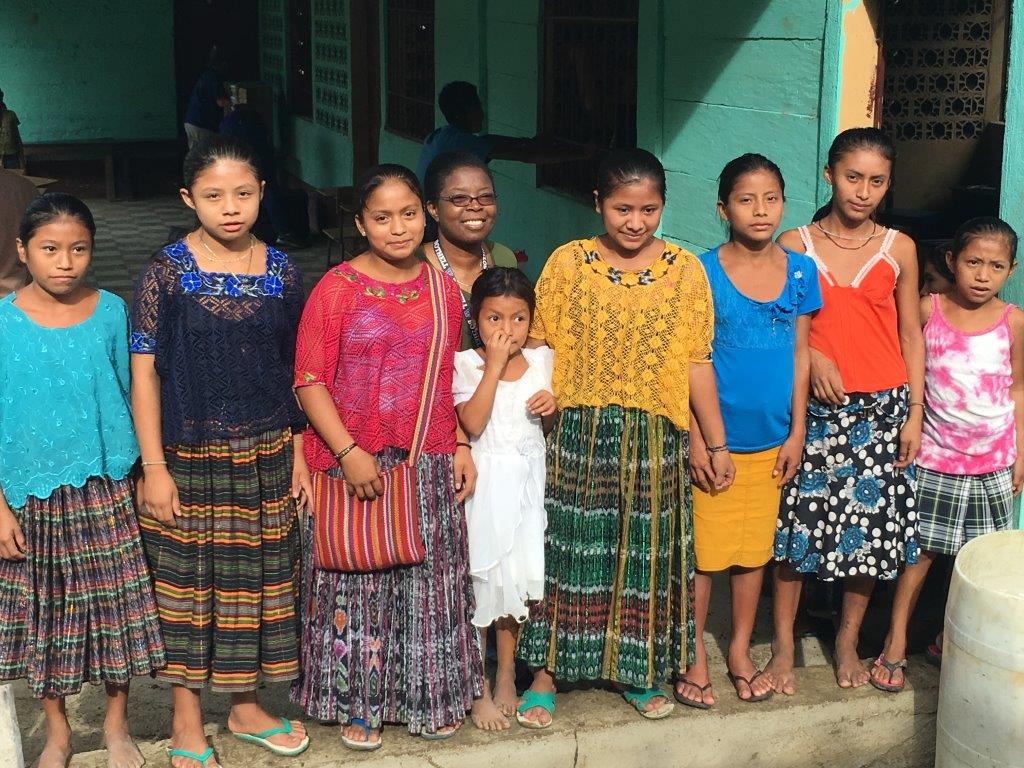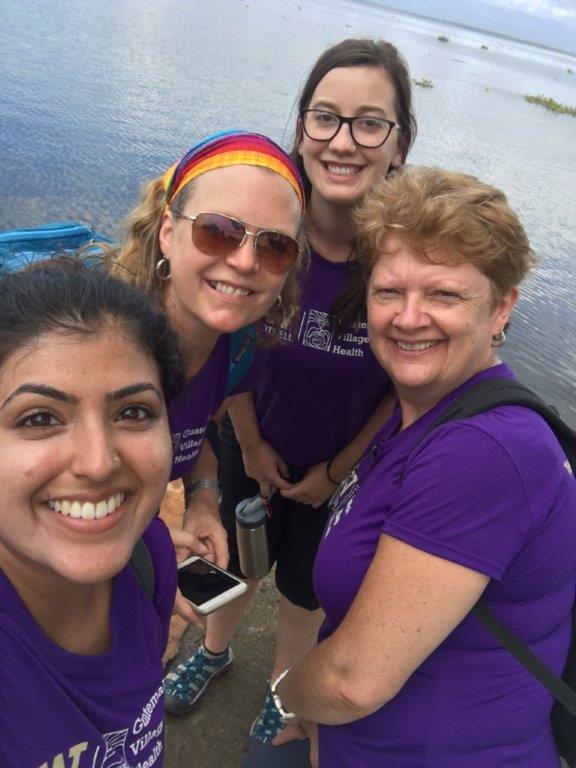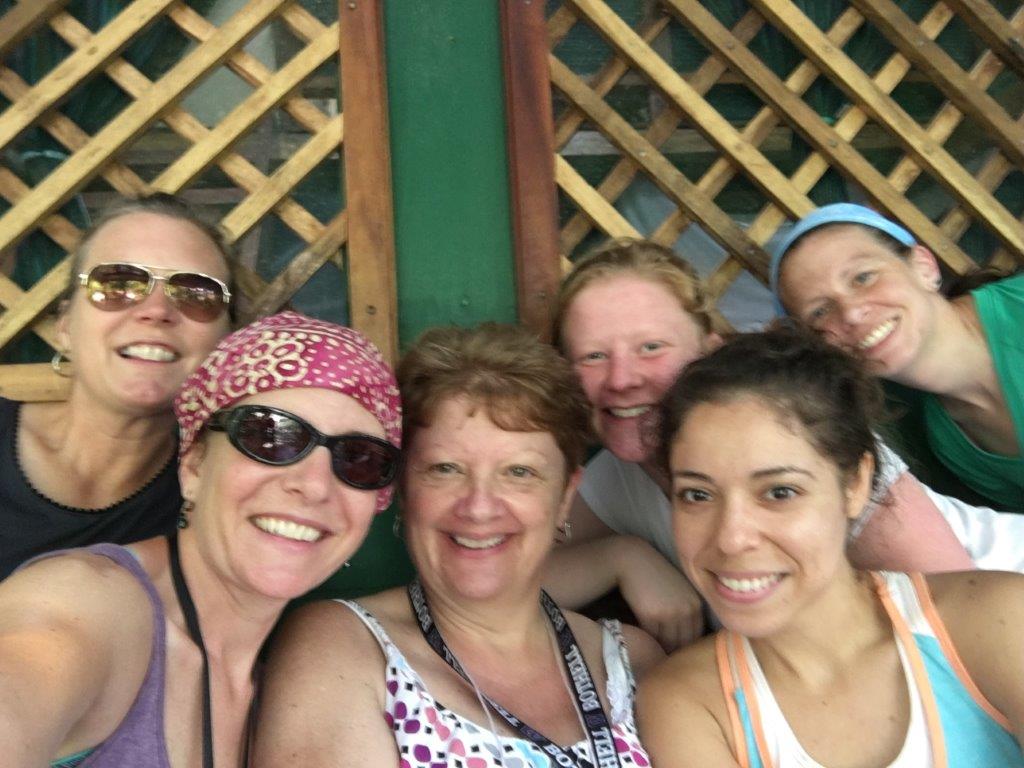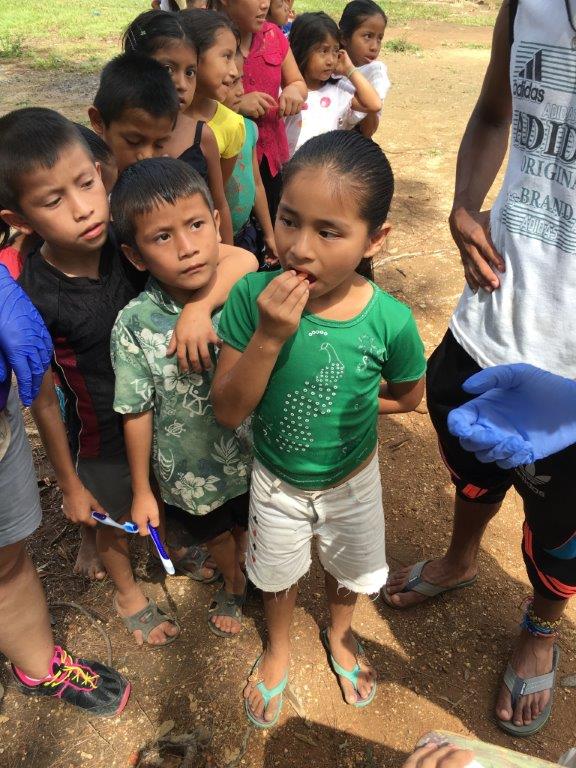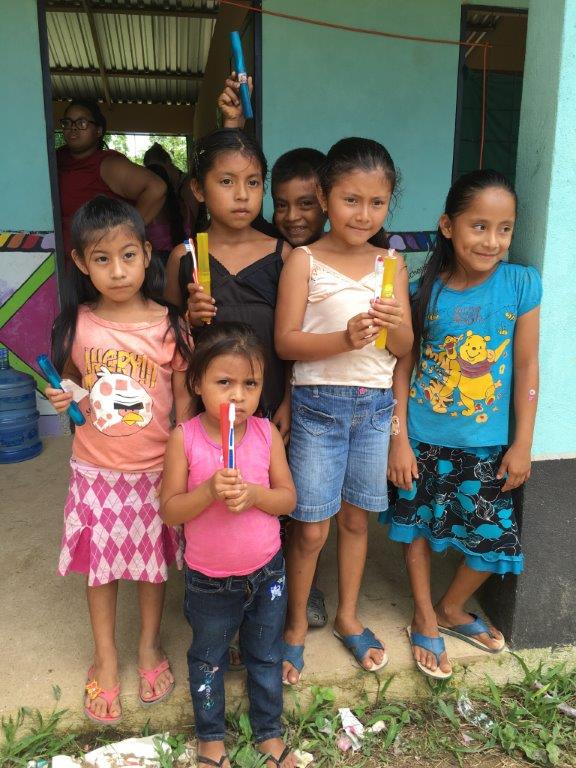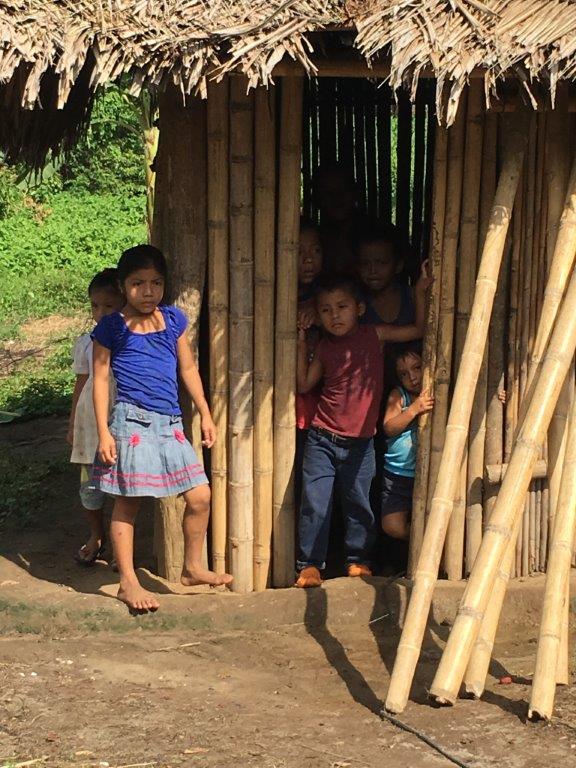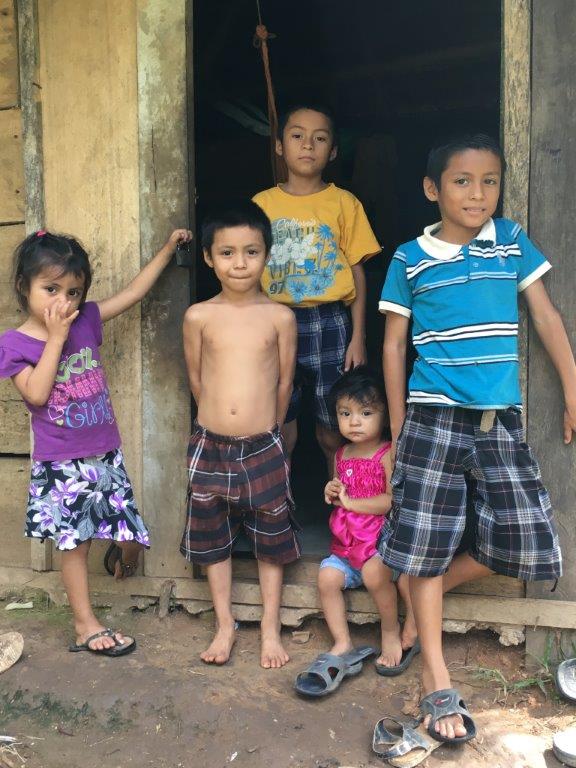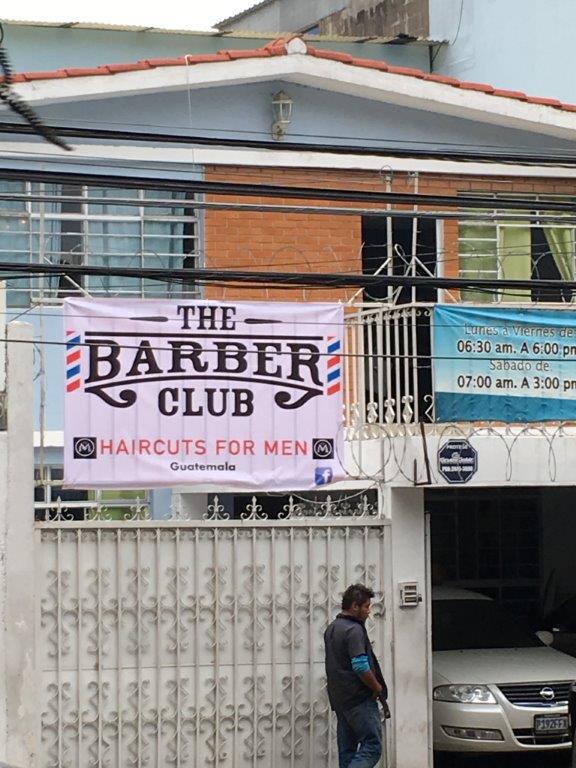Sharon Watts Shares Team Guatemala Story
Sharon Watts, MN Student, shares her story, in her own words. Students featured in the photos following the article, include Sharon Watts, Patricia Merkley, Sukhaman Kaur, Debbie Hopkins, Elizabeth Maddox, Stephanie Covey, Josalyn Hewitt, and Brianna Hermes.
My favorite quarter has to be the Global Health Promotion trip to Guatemala. I had wanted to participate in a global health trip for many years. I will never forget the amazing experience, thanks to the University of Washington, Mabel Ezeonwu, Guatemala Village Health and of course my family.
The Mayan population in the Guatemalan Highlands has a critical need for improved health care. The western health care system in the region is hampered by low quality equipment, lack of staff, cost barriers and an organizational structure that fails to cater effectively to the population it was created to serve, Bhatt (2012). They often do not seek care until their condition is severe which means that the outcome could be less desirable. This in turn can lead to mistrust in the healthcare system, and prevent people from using this type of healthcare.
The key health problems of the people that we saw were indigestion, headaches and vision problems, back pain, hypertension, diabetes, urinary frequency and burning in women and some girls, rashes, cough, and worms in children. Juvaan Williams Advanced Pathophysiology, Pharmacology and Physical Assessment class really helped me with some of these issues. Her catch phrase was “just one more question”! This class has improved my patient care, specifically by making me ask more questions, even if I had to ask them through an interpreter! It reminded me not to make assumptions, but to work through the full assessment of the patient.
Many aspects of the program contributed to a positive learning experience. We provided toothbrushes, toothpaste, reading glasses and sun glasses to the Mayen people. We taught them importance of washing their hands. The collaboration and professionalism of my peers and the Guatemalan volunteers was wonderful. They were so energetic, respectful and flexible when we were working in the villages. Using my leadership skills, if I asked someone to so something they did it without complaining or questioning. The joy and gratitude of the people that we treated was refreshing. We had to be resourceful when dealing with wounds, and carrying out ear lavage. We used the core functions of public health: assessment, policy development and assurance. We were able to relate them to many of the 10 essential services. For example: Monitor environmental and health status to identify and solve community environmental health problems- the lack of clean drinking water and safe environments, thinking of the families living at the dump. Diagnose and investigate environmental health problems and health hazards in the community- poor sanitation, the use of machete’s and wood burning stoves in the houses. Inform, educate, and empower people about environmental health issues- drinking water, hand washing, parasites. Mobilize community partnerships and actions to identify and solve environmental health problems- the partnership of Guatemala Village Health on the ground, specifically the Albendazole program. Develop policies and plans that support individual and community environmental health efforts- the Albendazole, and dental hygiene programs. Link people to needed environmental health services and assure the provision of environmental health services when otherwise unavailable- using the public hospital, village pastor for counselling and support.
The trip made me appreciate what I have, where I work and the education that I have been fortunate enough to obtain. Since the trip I have donated 3 lap tops to Guatemala Village Health, attended their annual gathering and their annual fund raiser auction. I have also participated in the Women’s March on Seattle in support of global women’s economic issues, as part of the policy class. Public Health has become very important to me, and while I may not be able to afford to work in that area, I would like to continue to volunteer. The team of volunteers worked really well together and we were ab le to help so many Mayan families. We built strong relationships and enjoyed each other’s company. Although we could not change their world, we hope that we were able to inspire them to be a little more healthy.
Reference
Bhatt S. (2012) Health Care Issues Facing the Maya People of the Guatemalan Highlands: The Current State of Care and Recommendations for Improvement. Journal of Global Health Perspectives. Aug 1 [last modified: 2012 Aug 1]. Edition 1.

